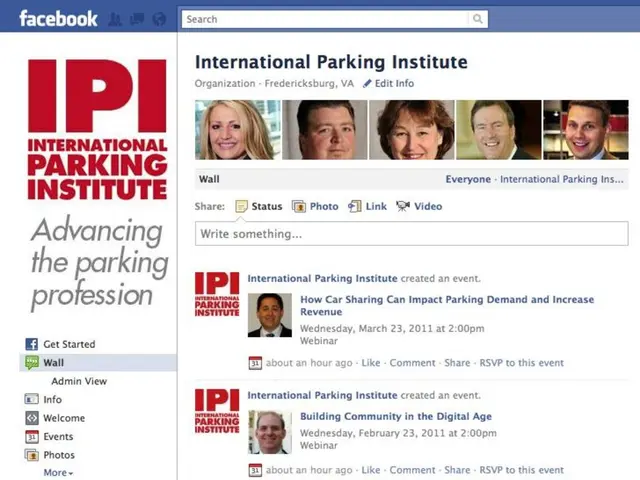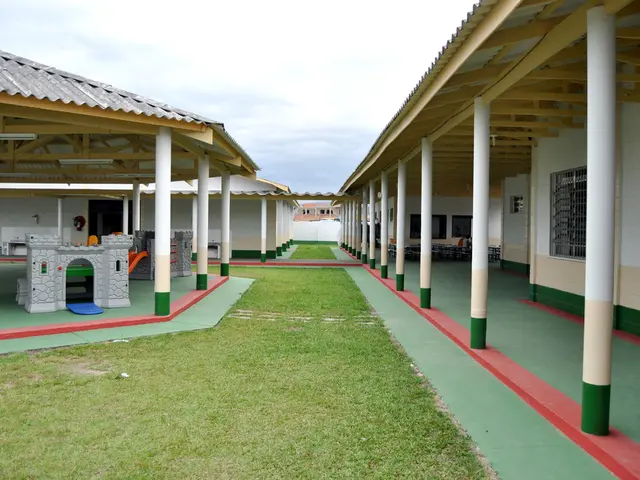Presidential election results lead to a reduced level of political uncertainty, aligning with figures seen prior to martial law, as indicated by Bank of Korea data.
Shopping at a Seoul Supermarket Amid Economic Uncertainties
Crowds of shoppers filling the aisles of a supermarket in Seoul paint an ordinary picture, but underlying economic factors cast a shadow over this scene. [JOONGANG ILIBBO]
Korea's Economic Landscape
The Korean economy is experiencing a complex interplay of domestic and international factors, particularly as foreign reserves slide to their lowest level in five years and uncertainties surrounding U.S. tariffs linger.
Key Economic Dynamics
Monetary Policy and Interest Rates- South Korea's inflation rate tumbled to 1.9% year-on-year in May 2025, surpassing the Bank of Korea's (BOK) 2% target and hitting a five-month low [NEWS1][3][4]. This drop facilitated a 75 basis point reduction in interest rates since October 2024, setting the policy rate at 2.75% — the lowest since mid-2022 [4].- The BOK indicates a readiness to cut rates further if inflation remains subdued or domestic demand falters [3][4].
Weak Domestic Demand- The decrease in inflation can be attributed to weakening domestic demand, with consumers and businesses reducing their spending due to economic uncertainties [4].- May 2025 saw a surprise monthly price decrease of 0.1% [3].
Lower Oil Prices- Falling global oil prices have served to ease cost pressures for businesses and consumers, helping to keep inflation in check [4].
U.S. Tariff Uncertainty and Trade Tensions- U.S. tariffs and unresolved trade disputes have resulted in a weaker South Korean won, which should typically elevate import costs and inflation. However, the low inflation environment has so far mitigated this influence, as price growth remains suppressed [4].- The decline in foreign reserves, partially due to foreign exchange interventions to stabilize the won amid international pressures, could limit the BOK’s capacity to intervene in foreign exchange markets if volatility escalates [4].
Political Developments- Political instability, including a change in the presidential administration, has added to economic uncertainty, potentially affecting investor sentiment and demand [3][4].
Prospects Ahead
Although inflation currently hovers near the BOK's target, foreign reserve levels, U.S. tariff uncertainties, and political instability pose threats. Should the won depreciate significantly or global conditions shift, inflationary pressures could resurface. At present, the environment still accommodates monetary easing and selective investment opportunities, but vigilance is crucial due to external risks [4][3][1].
- Amid the general news of economic uncertainties, the Korean politics scene has added to the worry, with a change in the presidential administration potentially affecting investor sentiment and demand.
- In the realm of business and finance, falling global oil prices, while benefiting consumers and businesses by easing cost pressures, have not been a panacea for the economy, as economic uncertainties persistently weigh upon domestic demand.
- As policy-and-legislation stands, the Bank of Korea (BOK) has reduced interest rates by 75 basis points since October 2024, to a record low since mid-2022, in response to a subdued inflation rate and faltering domestic demand, which signals the complex interplay between monetary policy, economics, and the political landscape in South Korea.






